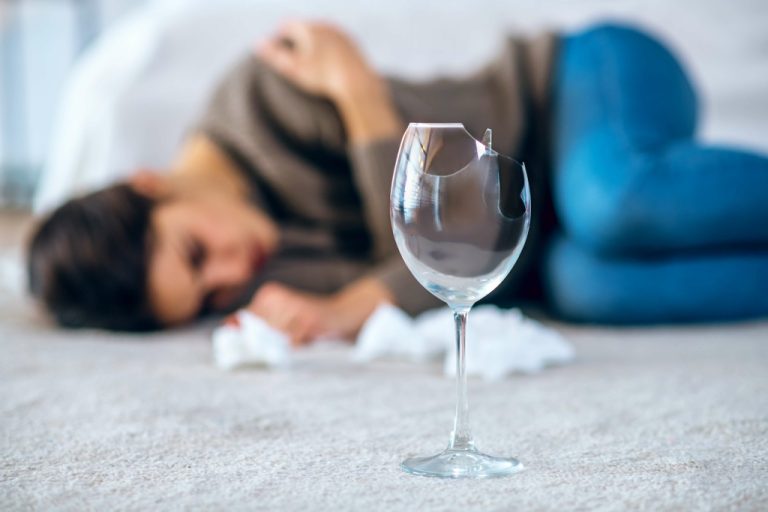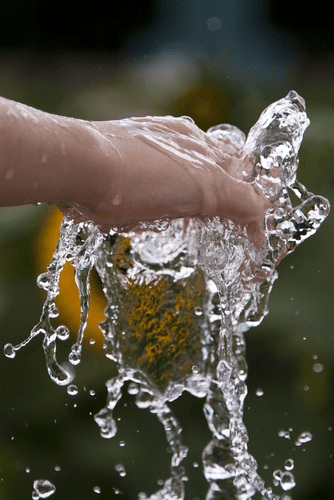Addiction is a complex interplay of physical, emotional and mental health factors. When someone stops drinking but fails to address these underlying issues, they may continue to struggle with feelings of resentment, anger or frustration. If a person in your life is sober from alcohol but seems to be experiencing a range of ongoing negative symptoms, you might encourage them to get treatment. Addiction treatment is holistic, and it helps pave the way for a recovery journey that goes well beyond not drinking anymore.
HOW THE BALANCE CAN HELP WITH Alcohol
The rehab admission process can begin with a simple phone call to Summit Malibu, where our addiction what is alcoholism treatment specialists are always available for confidential consultation. For others, giving up alcohol “cold turkey,” depending on the advancement of a person’s condition can even be dangerous and lead to a serious issue like Delirium Tremens caused by alcohol withdrawal. For those with some time in recovery, it may be easier to spot the symptoms, especially if they have supportive people around them. Whatever your goals, it’s the struggle to get there that’s most rewarding.
Greater Boston Addiction Centers
Whatever the case may be, being in this chaotic emotional space can be incredibly upsetting and psychologically painful. It is often a giant “red flag” that a relapse is on the horizon if they don’t reach out for help or seek treatment options. Staying vigilant, learning to cope dry drunk syndrome with stressors, and continuing the work of recovery is not always simple or effortless. It’s all too easy for a person to find himself or herself feeling untethered, vulnerable, and at risk of developing another addiction.
Beyond Sobriety: How To Overcome Dry Drunk Syndrome In Recovery
If your loved one feels discouraged or struggles with challenging symptoms, they may require additional treatment or support. Contact the Agape Behavioral Health specialists to learn more about supporting people in recovery. However, people who do not get professional treatment or ongoing support may be more likely to develop it.


However, for a newly sober person, managing stress can feel overwhelming. The entire issue with dry drunk syndrome is within the mind of the person in recovery. A person who strives to maintain sobriety can work to overcome this mentality of a dry drunk.
- This provides hope that individuals can overcome this challenge with peer support, redirection, and therapeutic treatment.
- The FHE Health team is committed to providing accurate information that adheres to the highest standards of writing.
- Dry drunk syndrome is a condition where an individual who has stopped drinking alcohol continues to exhibit the same negative behaviors and emotional struggles that characterized their alcohol addiction days.
- If the symptoms of dry drunk syndrome are related to post-acute withdrawal syndrome2, this can last for weeks or months.
Additionally, within the 12-step program of Alcoholics Anonymous, the term “dry drunk” has been used to describe someone who isn’t putting in enough effort or what they refer to as “working the program”. Dry alcoholic or dry drunk is one of those problematic behavior patterns that has been identified in people who have ended their drinking days. Dry drunk syndrome is a term used to describe lingering patterns and beliefs that keep people from reaching their recovery goals. It is not a medical term, but it does describe behaviors that may require treatment and support. By recognizing the signs and addressing the root causes, individuals can move beyond the dry drunk stage and experience the true freedom that comes with holistic recovery. Recognizing the signs of dry drunk syndrome can help individuals make positive changes in order to have the best chance of success in their recovery.
How to Support a Loved One Experiencing Dry Drunk Syndrome

It’s like hitting a pause button on your progress, leaving you feeling stuck and frustrated. Another common experience in recovery is post-acute withdrawal syndrome (PAWS). Let’s take a closer look at what PAWS is to determine the similarities and differences between dry drunk syndrome and PAWS. Let’s examine further what dry drunk means and explore some ways to better manage the symptoms that can accompany the condition. The journey to sobriety is no walk in the park, but having a better understanding of its challenges can help us make sure we stay on track. Before we get into the common challenges and how to overcome them, let’s first understand what “dry drunk” means.
Behavioral Signs
- Summit Malibu is Joint Commission Accredited and licensed by the California Department of Health Care Services.
- Sometimes, untreated trauma, anxiety, or depression—often masked by alcohol abuse or substance abuse—are still active beneath the surface.
- Whatever the case may be, being in this chaotic emotional space can be incredibly upsetting and psychologically painful.
- When the alcohol is pulled away, it is only logical that things will get worse before they get better.
This might include establishing consistent sleep patterns and stress management routines, engaging in regular physical exercise, maintaining proper nutrition, and practicing mindfulness or meditation. Sometimes, the solution means waiting and hoping that the person in question has a realization before it’s too late. Other times, a varied course of therapy and counseling can be successful. They may even come to realize that there are natural better highs out there that are much more satisfying than a drink or a drug.
- Our residential rehab program offers dual diagnosis drug and alcohol addiction treatment to heal the mind, body, and soul.
- What’s most important to understand about this condition is that those battling these problems may very likely be on the precipice of a relapse.
- Dry Drunk Syndrome prevention comes from participating actively in emotional healing and personal growth while on the recovery journey.
- Call and speak to a caring professional at English Mountain Recovery, located in the Smoky Mountains of East Tennessee.
- Whether you’re in therapy, attending support groups, or exploring new treatment options, remember there’s no shame in needing more help.
Does Dry Drunk Syndrome Make You More Likely To Relapse?
As the earlier members found relief through surrender and commitment to abstinence, so can you. And, you can keep going to AA meetings as long as you want, even after you leave treatment. This could lead to an exaggerated sense of self-importance, as you believe you’re owed praise.
